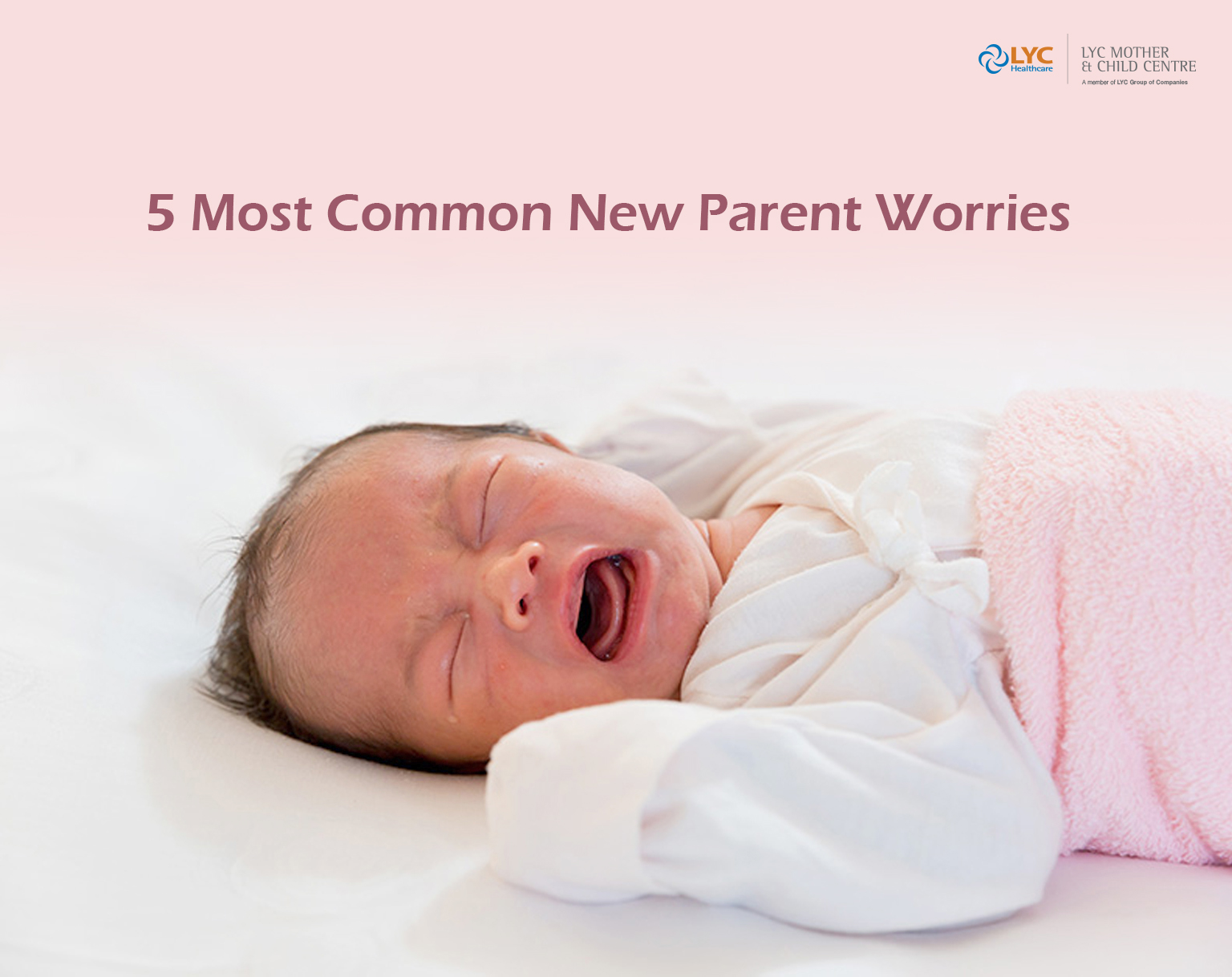
Sleeping is important for newborns, they sleep 14 to 17 hours a day, and sometimes up to 19 hours. When your baby is not feeling well or if their sleep routine is disturbed, they may sleep more than usual.
Usually, newborn babies don't stay awake for more than three hours at a time, don't be afraid to wake your baby up every three to four hours to feed and then put your baby back to sleep. As your baby develops and grows, they will develop a more regular sleep schedule.
Take your baby out for walks during the day, be out in the sun, and develop some calmer activities at night, such as warm baths and massages. Repeat the routine every day to help your baby sleep better.
Newborn babies cry for many reasons as it is the only way they can express their needs, it could be because they are hungry, tired, feeling too hot or too cold, colic, need a diaper change, sick, etc.
If your baby is less than 5 months old and cries for more than 3 hours a day, more than 3 days a week, for more than 3 weeks, it is most likely colic. Colic is not a disease and will not harm the newborn baby. Most of them will heal automatically after the baby is 5 months old and will not affect growth. Numerous medical studies have proven that none of the current drugs are effective, and there is no need to treat colic, and even doctors do not know the cause.
Therefore, new parents should be mentally prepared, not to strive for perfection, not to be afraid to seek help from family members or friends, and to recognize their own limits, so as not to feel frustrated and angry with their baby.
Your baby's development process can be divided into three main areas: motor and cognitive skills, language skills, and social skills.
During the first month, a newborn baby may exhibit a limited number of primitive reflexes, showing a tendency to suck on any object around the mouth, or even grasp it.
Your baby may also respond to sounds and turn their head to one side when lying on their stomach.
At 3 months, your baby starts to become more interactive and even smile when you talk to him/her, their eyes start to follow moving objects in search of sounds. By 5 months, your baby may discover their hands and begin to play with their fingers and roll over.
Most babies can produce consonant sounds at 8 months old, start crawling at 9 months old, and start walking at 10 to 12 months old.
It is a healthy thing for a newborn to sneeze, which means that the nervous system is functioning well, because sneezing is a reflex process controlled by the nervous system, which is a normal reflex like hiccups. Newborn babies sneeze more when their nasal passages are irritated because they have smaller nasal passages and need to clear their noses more often.
However, frequent sneezing can also be an early sign of a respiratory infection, along with other symptoms such as fever, cough, refusal to eat, excessive tiredness, and breathing difficulties, and you should consult a pediatrician immediately.
The one or two areas on the baby's head that look soft and lack bone protection are called fontanelles, which literally means "little fountain." It is soft because the cartilage there has not yet hardened into bone, it is located in the gap of the skull that is not fully developed, and it is sunken like a small pit in a fountain. The fontanelle creates space as the newborn's brain develops, and it's well protected by a sturdy membrane, so there's nothing to worry about.
When caring for a newborn baby, there is no harm in gently touching this area. Typically, the fontanelles should automatically close when a baby is 19 months old. If the fontanelles are noticeably sunken, this may be a sign of dehydration; if the fontanelles appear bulging, this may be a sign of increased pressure on your child's brain due to head trauma or a brain infection.